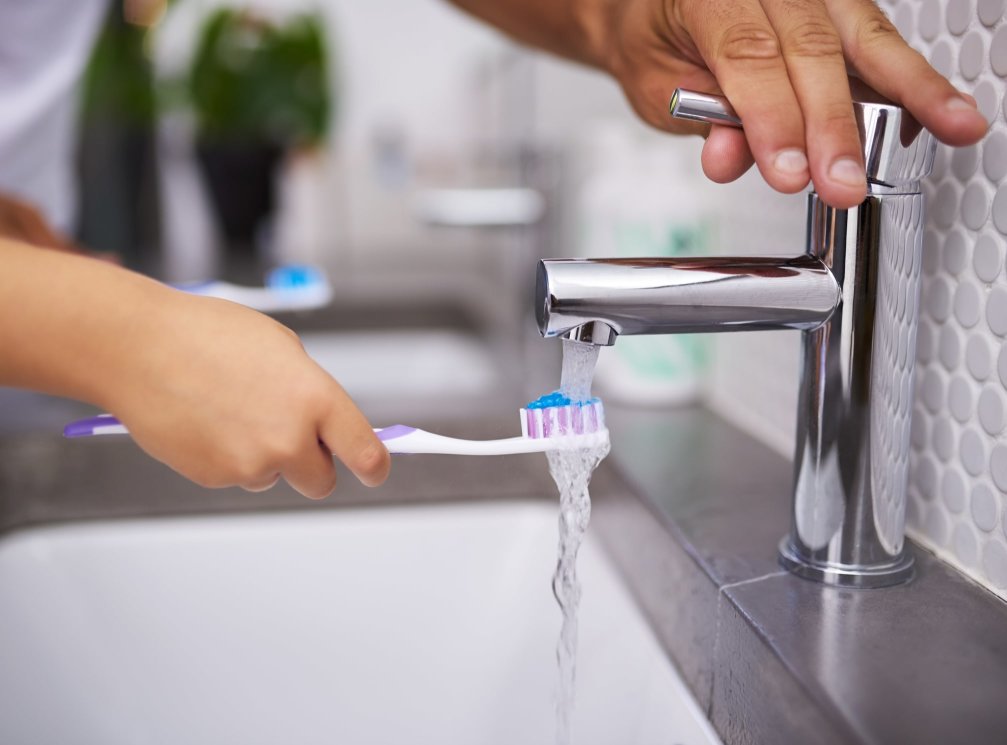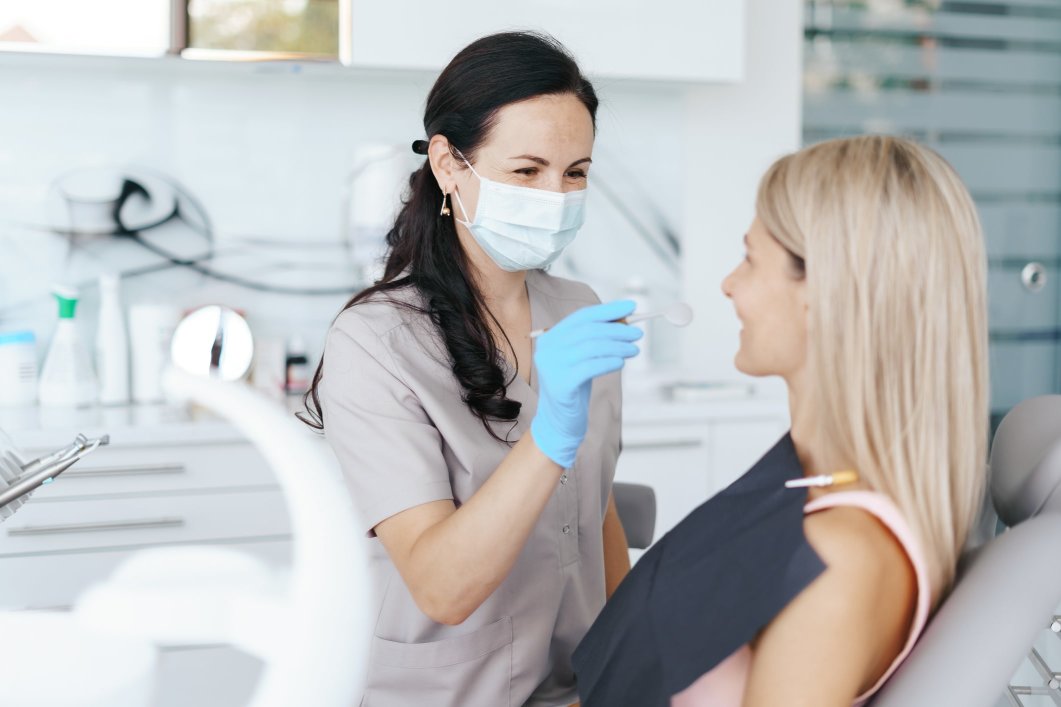
Your little one is truly a bundle of joy, but your new baby can also bring a bundle of responsibilities. Once you stock up on diapers and install a new car seat, you’ll need to secure health insurance for your child. But do babies need dental insurance?
Actually, yes. Baby teeth may not be permanent, but proper oral care is still vital to your child’s health. Here are just some of the reasons you should consider dental insurance for your baby.
Why Babies Need Dental Insurance
As a parent, you make sure you take care of all of your baby’s needs, so why not also take care of their oral health? Babies need dental coverage for several reasons, including:
Baby Teeth Can Get Cavities, Too
Baby teeth are susceptible to cavities, often brought about by the natural sugars consumed in milk or juice or through acidic fruits and vegetables consumed in baby food.
It’s true that baby teeth fall out, but untreated cavities can produce secondary infections in other parts of the body. Additionally, the empty space can cause other teeth to grow abnormally, which may increase your child’s need for braces later in life.
Cavities can be a painful, unpleasant experience at any stage of life. Dental coverage ensures that you treat the problem immediately and effectively to eliminate discomfort.
Dental Care Covers More than Just Teeth
Taking your child to the dentist is about more than just their teeth. During a typical dental visit, the dentist can check things like their gums and their bite to ensure that everything is in order and aligned properly.
This is especially important if your baby enjoys unrestricted late-night feedings or regularly uses a sippy cup. A dentist can ensure that these habits don’t cause any changes in tooth alignment or gum health as your baby grows.
Early Dental Care Establishes Healthy Habits
Do babies need dental insurance? You’ll need to take your children to the dentist eventually. Starting early can ensure that you develop healthy habits for the future. Believe it or not, poor dental hygiene in children can increase the risk of serious health issues like heart disease, Alzheimer's, and other conditions.
Additionally, the CDC reports that dental cavities are the most chronic ailment afflicting children between the ages of 6 and 19.
Establishing healthy habits early on can set your child up for a positive future trajectory and can also help identify problems before they have a chance to become more serious.
When Should My Baby Visit the Dentist?
According to the American Dental Association, your baby needs to visit the dentist by their first birthday or at the appearance of their first tooth, whichever comes first.
Don’t wait. According to the National Health and Nutrition Examination Survey, 21% of children between the ages of 2 and 5 have untreated cavities. It’s never too early to start taking your baby to the dentist, where you can protect their teeth from the moment they arrive.
Does My Health Insurance Cover My Baby?
Dental coverage can generally be obtained in one of two ways:
You can add infant dental care through your existing health insurance plan
You can purchase a stand-alone policy
Typically, your current health insurance coverage won’t provide this type of coverage when you first enroll, but you’ll be able to add children to your plan down the line.
When to Add a Baby to Your Existing Plan
The good news is that the Affordable Care Act (ACA) classifies your children’s health and vision as essential health benefits. This means that insurance companies must offer dental coverage for children in every health plan found in the marketplace, the individual market, or through employers with 50 or fewer employees.
That doesn’t mean that your current health insurance plan includes dental coverage for your baby. But it does mean that you have the option of adding infant dental and vision coverage to your plan. Your children will be covered until their 19th birthday.
When to Get a Stand-Alone Policy
There are two notable exceptions to the ACA’s rule. You will not have the option of adding children’s dental insurance if:
You received an insurance policy prior to March 23, 2010 (the date ACA was passed)
Your employer has more than 50 employees
In other words, older policies are exempt from having to add dental or vision coverage to their policies. Likewise, larger companies are not required to offer these benefits. If you receive health insurance through your employer, check to see what options are available before heading to the marketplace.
Additionally, the provisions of the ACA are relatively sparse and can vary from state to state. For example, your plan may only provide partial coverage of larger dental expenses such as braces. You may consider finding a policy that offers greater coverage for your family.
Finally, if you find yourself without health insurance for any reason, you can still enroll your family in dental coverage through a stand-alone policy. Programs such as Medicaid and CHIP can also provide health benefits for children of low-income families.
What Kind of Dental Insurance Can Babies Get?
The exact benefits offered by infant dental insurance can vary from state to state and between policies. The ACA requires that insurance carriers offer dental coverage for children from infancy through age 19, and coverage generally includes:
A dental exam every six months
Cleanings
Fluoride treatments
X-rays
Partial coverage of braces
Coverage can also be used for services relating to restoring teeth or other emergency services. Again, these benefits can vary, so always check with your insurance provider to see what’s available and what you need.
Bottom Line: Do I Need Dental Insurance for My Baby?
Having dental insurance for your baby ensures their proper development and sets them on a positive trajectory for the future. If you have questions about how to insure your children, check with your current insurance provider to see what options are available.







